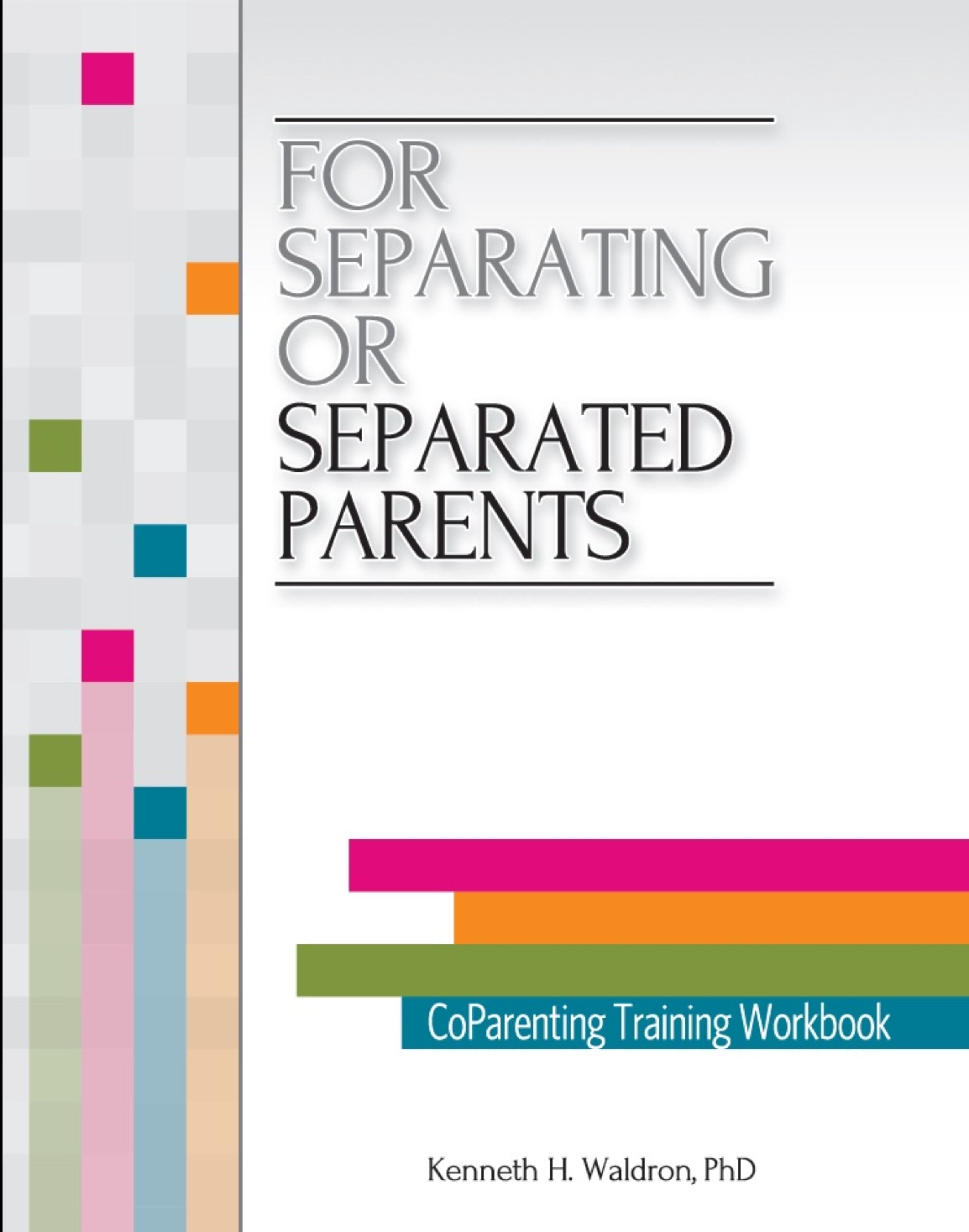Factors Affecting Outcomes for Children of Divorce: Mental Health of the Parents
©2020 Kenneth H. Waldron and Allan R. Koritzinsky
In this, the fourth Blog in the Healthy Children Outcomes Series, we address the fifth most important factor: the Mental Health of the Parents. First and foremost, not all mental health problems create risk for children. In fact, some mental health conditions increase the likelihood that children will turn out well.
As an example, compulsive parents are often hyper-responsible and organized and make healthy demands on their children (e.g., getting all of the homework done in a timely manner). A compulsive parent can be frustrating, especially if the child does not have the personality structure to become at least moderately compulsive, but nevertheless, most children will benefit from such a parent more than be harmed. Secondly, many mental health problems can be treated successfully, minimizing or eliminating the condition as a risk factor. As an example, severe depression in a parent is a risk factor, but most depression conditions can be successfully treated with a combination of medication and psychotherapy.
Nevertheless, some mental health conditions do pose risks to children because of the behavior patterns involved on the part of the parent, and when treatment is only partially successful or results in erratic functioning of the parent. Some personality disorders, depending on how severe, are called the “immature” personality disorders, specifically because of the unstable patterns of behavior and high level of selfishness. Untreated paranoid conditions and schizophrenia can lead to significant delays in critical thinking in children. Untreated high levels of anxiety and depression (as was mentioned earlier) create special challenges that not all children can cope with successfully. Some conduct problems, such as domestic violence, can be the result of mental health issues, such as severe attachment insecurities and untreated angry hostility.
Fortunately, in all of these cases, treatment approaches have been developed that generally benefit the parent. The key is in getting a professional opinion with regard to the condition and engaging in a treatment regimen that can help. Even when a mental health condition cannot be completely alleviated with treatment, there is still hope. This is because the mental health condition is not the problem, the problem is where a child is exposed to parental behavior resulting from the condition. Even a parent with a persisting mental health problem can get coaching on how to manage the behavior that is the problem and present relatively healthy behaviors to the child.
In one of the most severe cases where one of your authors was involved, the mother suffered from manic-depressive illness, dominated by manic periods when she would suddenly leave the children and go on a manic rampage (e.g., go to Hollywood and chase an actor she was convinced loved her). The father and she were separated, but he would repeatedly return to court when the mother had a manic episode. The father portrayed the mother as a wonderful mother most of the time but did not want the children to go through her manic episodes. Because most of the time, the children were well cared for and because most of the time when they finally made it in front of a judge, the mother was again stable on medication and remained the primary caregiver. The family was finally referred to mediation conducted by one of your authors. They worked out a system whereby the father would be alerted, usually by one of the children, that “mom is gone.” He would immediately take the children in and care for them until the mother came home and was once again stable. The children were told that their mother “takes a mental vacation once in a while” and were safe. This solution ultimately worked!
One of the dilemmas in this area is that both parents can have mental health problems, often of different types, and often presenting problematic behaviors to the children in both homes. Once again, some of these situations can be improved if both parents acknowledge behavior problems stemming from mental health issues. Two steps are involved: first, teaming up and designing co-parenting rules and procedures, usually with the assistance of a mental health professional, who can minimize the negative effects of the problematic behavior; second, each parent being in treatment. The treatment might alleviate the symptoms, but if not, coaching can help contain the problematic behavior.
The take away is that if one or both parents have mental health problems, working as a team to get that diagnosed, treated and developing procedures for managing problematic behavior can reduce or even eliminate the children being adversely affected. The bad news is that in some cases, the safety of the children requires substantial restrictions on the parent with the problem. Not all problems have solutions. The good news is that some solutions will be successful.
Allan Koritzinsky, JD, is a retired partner with Foley & Lardner LLP in Wisconsin. Mr. Koritzinsky focused his law practice on divorce law, alternative dispute resolution and has authored or co-authored numerous articles and books and lectured in lawyer and judicial continuing education seminars throughout his career.
Kenneth Waldron, PhD, is a clinical psychologist in Monona, WI. Dr. Waldron has published research on topics related to children of divorce and provides training to judges, lawyers and mental health providers in the U.S. and internationally. He provides forensic services, including custody evaluations and expert testimony on divorce-related issues.
Dr. Waldron and Mr. Koritzinsky are co-authors of the following books:




